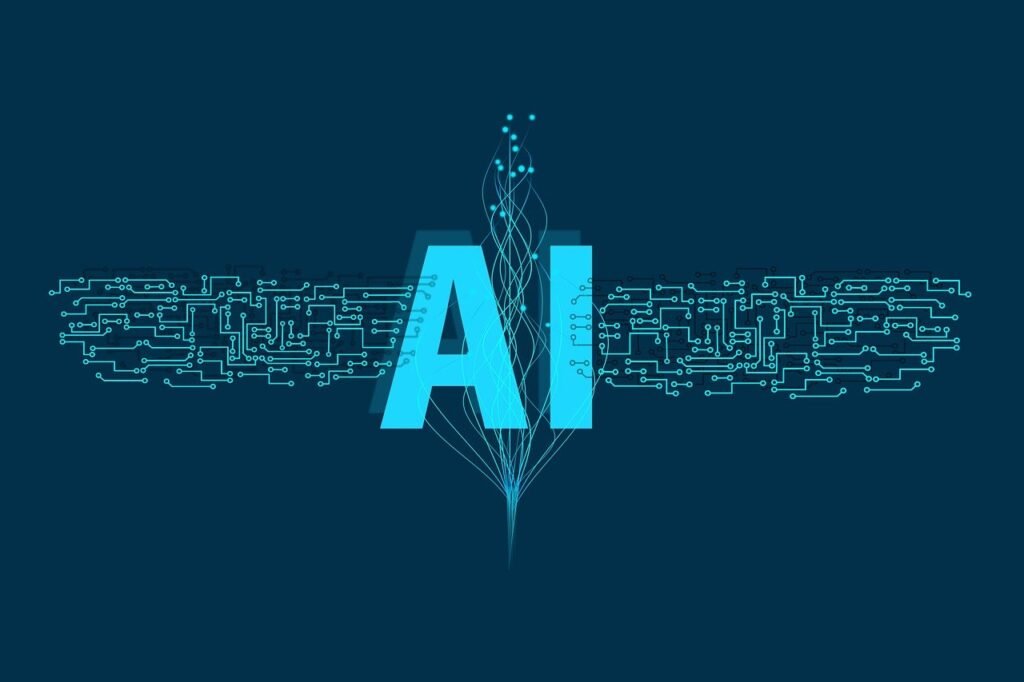The innovative technology known as artificial intelligence has the power to completely change whole sectors as well as the way people live and work. AI has advanced significantly in a number of fields, including virtual assistants and driverless cars. This article takes the reader on a brief tour of the field of artificial intelligence, examining its present state, future uses, and obstacles. Come along with us as we explore the intriguing world of artificial intelligence and navigate these unexplored seas.

The State of AI Today:
Since its start, artificial intelligence has advanced significantly. Artificial intelligence has grown exponentially in the last several years due to the availability of large amounts of data and advances in processing power. A branch of artificial intelligence called machine learning has gained popularity as a potent method for teaching computers to learn from data without explicit programming. Artificial intelligence is being utilized in healthcare to enhance patient care, medication development, and diagnostics. In addition, artificial intelligence has permeated many other industries, including manufacturing, retail, and transportation, improving production, efficiency, and consumer experiences.
Possible Uses for AI
Artificial intelligence has a plethora of possible uses that are constantly growing. Let’s examine a few crucial sectors where artificial intelligence is having a big influence:
Healthcare:
By allowing early illness diagnosis, tailored medication, and better patient outcomes, artificial intelligence has the potential to completely transform healthcare. In order to find trends and offer suggestions for diagnosis and therapy, machine learning algorithms can examine genetic data, photos, and medical records. Robots and virtual assistants driven by AI can also help medical personnel with patient care and administrative duties.
Education:
By customizing learning experiences, automating administrative processes, and offering intelligent tutoring, artificial intelligence has the potential to completely change the education industry. Using performance data analysis, adaptive learning platforms may customize course materials to meet each student’s specific needs. Chatbots and virtual assistants may help students right away by responding to their inquiries and assisting them as they progress through their education.
Banking:
To increase customer satisfaction, reduce risks, and streamline processes, the banking sector has adopted artificial intelligence. Large amounts of financial data are analyzed by machine learning algorithms, which then look for trends and abnormalities to help with fraud detection and forecast accuracy.
Transportation:
The development of driverless cars is one area where artificial intelligence is fostering innovation in the field. Artificial intelligence-powered self-driving cars have the potential to improve accessibility, efficiency, and safety for all users of transportation. AI-powered technologies can help create sustainable transportation solutions by improving traffic control, route planning, and energy efficiency.
Difficulties and Ethical Issues:
Artificial intelligence has many potential applications, but it also has drawbacks and moral dilemmas. Here are some crucial areas that need focus:
Data Security and Privacy
It learns and makes predictions by analyzing enormous volumes of data. To keep the public’s trust, it is essential to guarantee the security and privacy of this data. A difficulty that has to be addressed is finding the ideal balance between safeguarding people’s privacy and making data accessible for research.
Fairness and Bias
This systems may unintentionally reinforce prejudices found in the training data. Discriminatory results may result from this in the criminal justice, financing, and employment sectors. Developing methods to reduce prejudice and guarantee justice in decision-making is crucial.
Explain ability and Transparency
Algorithms frequently function as “black boxes,” making it challenging to comprehend how they arrive at their results. Establishing frameworks and models for explainability is essential to fostering understanding and confidence.
Workforce Displacement
The increasing use of technology and artificial intelligence has sparked worries about job displacement. While it can improve human talent and open up new career paths, it also has the potential to replace some jobs. To lessen the negative effects of automation, people must reskill and prepare the workforce for the future of employment.
About AI
Artificial intelligence is a game-changing technology that might completely change a number of sectors and greatly enhance our quality of life. It is already advancing significantly in a number of fields, including healthcare, education, banking, and transportation. We can use our advantage as a society if we put data protection, justice, transparency, and labor reskilling first. Let’s take use of the enormous prospects that the field of artificial intelligence offers as we continue our ongoing exploration of it, all the while making sure that this amazing technology is developed and used in an ethical and responsible manner.

